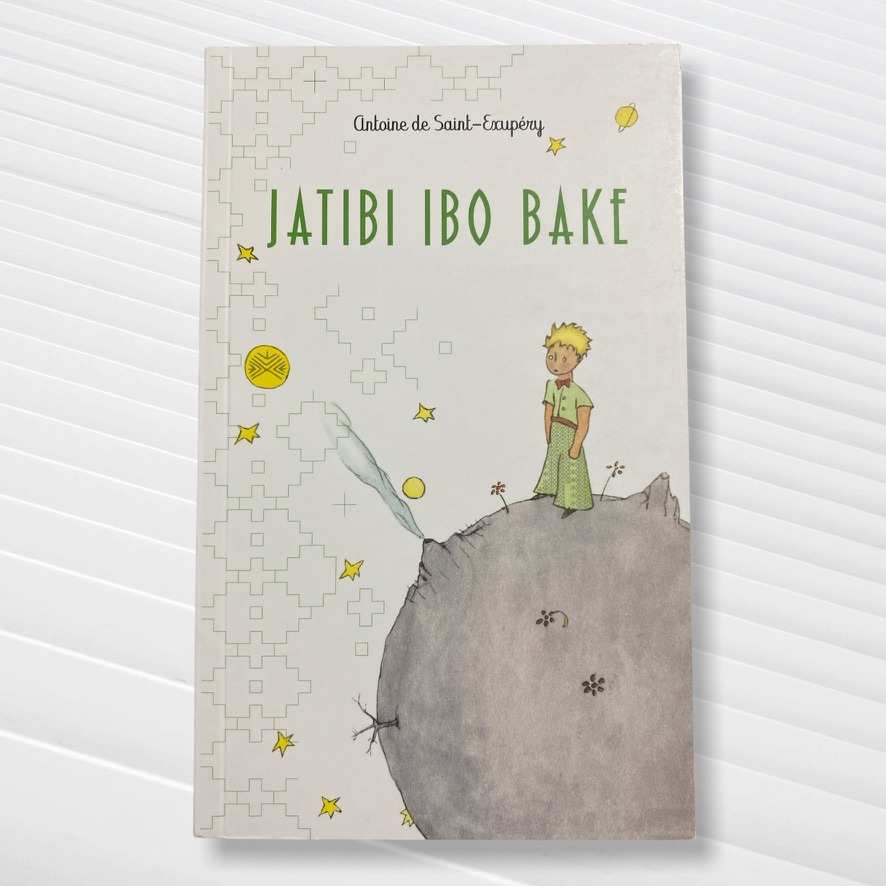
Jatibi Ibo Bake — in Shipibo.
The Shipibo language, known natively as Shipibo-Conibo or simply Shipibo, is an indigenous language belonging to the Panoan language family. It is spoken by the Shipibo-Konibo people in the Ucayali region of the Peruvian Amazon. Shipibo is one of the most vibrant and widely spoken indigenous languages in Peru, with an estimated 25,000 to 35,000 speakers. The language is an essential part of the cultural identity and heritage of the Shipibo-Konibo people, who are renowned for their intricate textile designs, pottery, and other forms of traditional art that often incorporate Shipibo patterns and symbols, which are said to be inspired by their visions during ayahuasca ceremonies.
Shipibo has a relatively simple phonemic inventory, with straightforward vowel and consonant systems. It features both oral and nasal vowels, and its consonants include a range of plosive, fricative, and approximant sounds. The language is tonal, utilising both high and low tones to differentiate meaning.
Nouns in Shipibo can be modified for number, but unlike many Indo-European languages, pluralisation is not obligatory and can be left unspecified. The language makes use of postpositions rather than prepositions to indicate spatial and temporal relationships.


